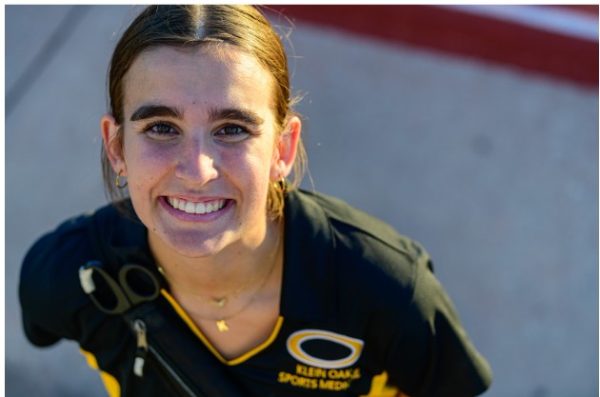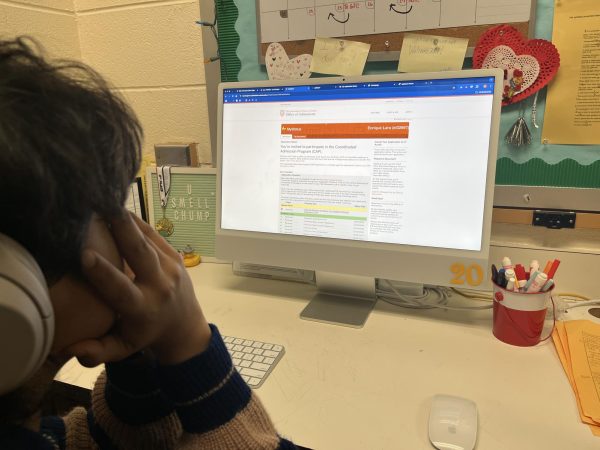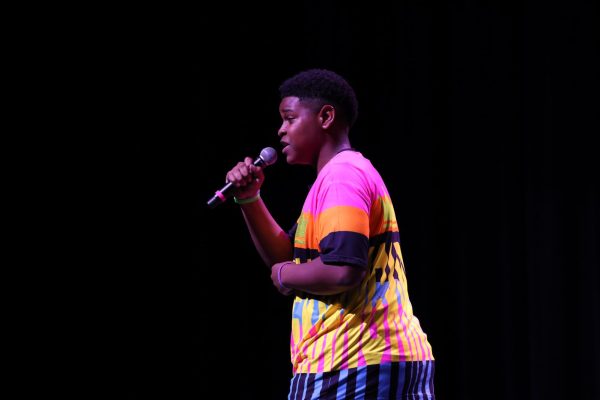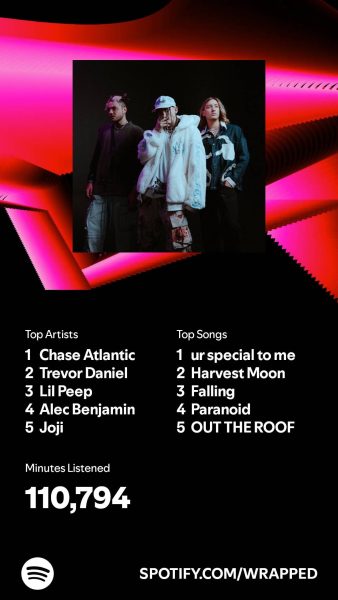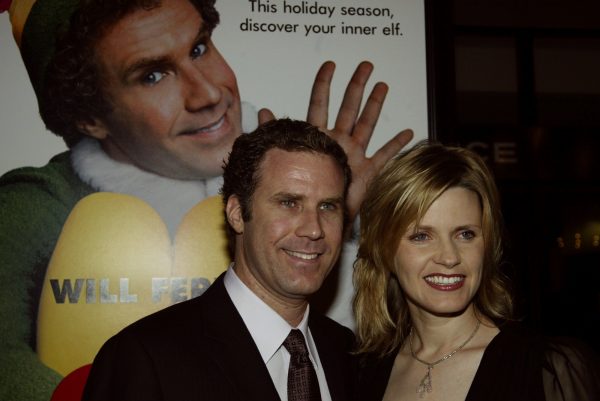Vacation Shake-Ups
Coronavirus impacts student travel
Suitcases, rental cars, and new sights mark the typical school breaks of many students as their families take the opportunity to travel. However, in light of the coronavirus pandemic and subsequent quarantine, many of their vacation plans were altered. A look back at this year of travel showcases these changes throughout time.
SPRING:
This past year, Spring Break was rather long compared to the one in 2019. The closure of schools after that vacation lasted one extra week, then another, and then another as the world froze due to the novel coronavirus. Some students faced unique challenges as they heard the news from global locations.
“During Spring Break, I traveled to Paris with my family,” junior Melissa Borges said. “We were supposed to stay for a week, but it was cut short because we wouldn’t be allowed entry back into the U.S. if we stayed. While I was there, some museums began to have a limited capacity, but most places were still open and there were a lot less people than usual in the city.”
Others found their trips halted before they could even begin.
“I was about to go to California, but they shut down all the flights so no one was allowed to fly because of how bad the virus was,” sophomore Cameron Reid said. “Instead of California, we went to Granbury, Texas to see my stepfather’s sister and her boyfriend, but I felt safe because there were only a few of us in the lake house and we were outside most of the time.”
Trips planned through the school faced similar fates, multiple of which was completely called off.
“I was supposed to go to Disney World with the Band March 19-24, but it was canceled last minute,” junior Carson Pehlman said. “The whole park and the whole world was closed. But [If I had travelled] I wouldn’t have felt safe because it was at the start of it getting increasingly bad.”
SUMMER:
The season of sunshine and days unmarred by academic activities faced similar changes due to the pandemic.
“I was supposed to go to New York with my family before everything happened,” sophomore Aubin Miles said. “In my opinion, it doesn’t matter whether or not you individually feel safe. Of course everyone should feel safe, but, in a pandemic, a self-centered viewpoint is really dangerous. It’s a really big deal and even though it’s hard to stay home at times, I feel better knowing that I’m not harming anyone.”
Others who did travel during these months report facing increasing restrictions meant to curb the spread of the disease. They share different opinions on the future of travel.
“I went to Abu Dhabi in August, and there were plenty of restrictions like masks, distancing, park closures, and restaurants that shrunk their capacity,” senior Salma Diefalla said. “Some countries have more restrictions with Americans due to our reckless reputations, but I think [travel] will go on because people want and need to move in some circumstances, so it’s inevitable.”
Some vacations took students to smaller locations with different safety expectations. Junior Emma Hunt experienced this on her June trip to McCall Idaho.
“Their restrictions were looser than here because it was a much smaller town. Masks were not required, but many businesses wanted you to wear them in their stores,” Hunt said. “I did feel safe because we spent most of our time in a remote cabin, hiking by ourselves, or enjoying dinner at a place that took COVID precautions.”
FUTURE TRAVEL:
With Christmas break approaching, many more people are likely to use this time off to travel around the country. Students share mixed opinions on these trips in the time of coronavirus.
“I’ve traveled to a couple of places after the pandemic began, and I don’t feel very safe traveling,” Borges said. “The airports are always packed, and there’s no social distancing in the airplanes which is scary.”
If the coronavirus stops spreading in the event of a vaccine or other factor, students agree this may incite a return to the norm.
“I think that if and when the coronavirus slows down, air travel will go back to how they were operating before the pandemic,” Hunt said. “But I think they’ll make sure to take extra minor precautions to stop the spread of another pandemic in the future.”


